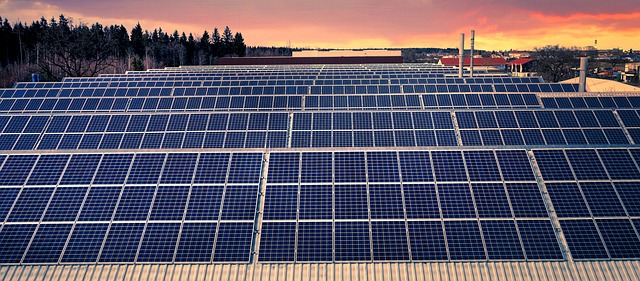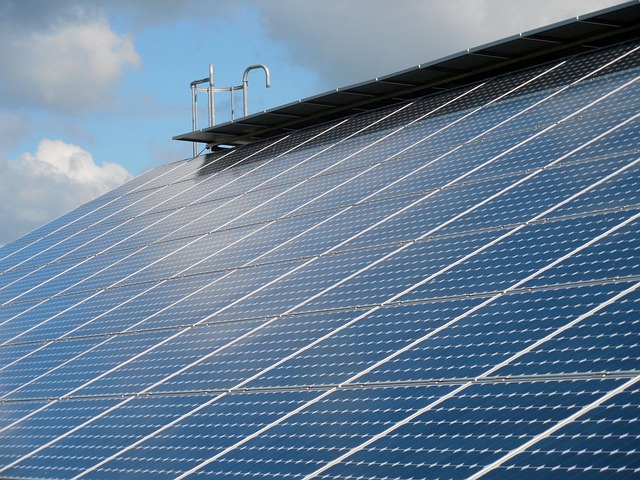The real estate industry is experiencing a green revolution as buyers increasingly seek eco-friendly properties. Millennials and Gen Z, driven by sustainability values, are leading this demand. Developers and owners are responding by integrating green initiatives like energy-efficient appliances, renewable energy sources, and water conservation systems. To enhance appeal, properties should undergo audits and targeted improvements, showcasing features like solar panels and water-saving technologies through transparent data and updated marketing materials. In the digital age, online platforms and social media are key to reaching environmentally conscious buyers by emphasizing long-term benefits and local certifications.
In today’s eco-conscious world, real estate properties with strong environmental credentials are gaining significant popularity. This shift towards sustainable living has not only become a trend but a demand. This article explores effective strategies for enhancing a property’s eco-friendly reputation. We delve into understanding the current market trends, providing insights on how to highlight sustainability features, and offer marketing techniques tailored for environmentally-aware buyers, all within the dynamic landscape of real estate.
Understanding Eco-Friendly Real Estate: Trends and Demand

In today’s environmentally conscious world, the real estate market is experiencing a significant shift towards eco-friendly properties. This trend is driven by both buyers and sellers who prioritize sustainability as a core aspect of their living spaces. Eco-friendly real estate encompasses various features designed to reduce environmental impact, from energy-efficient appliances and renewable energy sources to sustainable building materials and water conservation systems.
The demand for these properties has been steadily rising, with studies indicating that millennials and Gen Z are particularly keen on purchasing homes that align with eco-conscious values. As a result, developers and property owners are increasingly incorporating green initiatives into their projects, recognizing the growing appeal of such offerings in the competitive real estate market.
Strategies to Highlight and Improve Property's Sustainability Features

To enhance a property’s eco-friendly reputation in real estate, it’s crucial to strategically highlight and improve its sustainability features. Start by conducting an extensive audit of the property’s current eco-credentials, focusing on energy efficiency, water conservation, and material choices. This involves assessing factors like insulation, efficient appliances, low-flow fixtures, and the use of sustainable building materials. Documenting these features with clear, compelling data is key to attracting environmentally conscious buyers or tenants.
Next, implement and promote upgrades that enhance sustainability without compromising aesthetics or comfort. Consider renewable energy sources like solar panels, smart thermostats for optimized heating and cooling, and water-saving technologies. Additionally, stage the property to showcase green amenities like a lush garden, compost bins, or a rainwater harvesting system. Regularly update marketing materials and listings with these improvements to reinforce the property’s eco-friendly reputation in the competitive real estate market.
Marketing for Environmental Consciousness: Reaching the Target Audience

In today’s digital era, marketing strategies in real estate are evolving to cater to an environmentally conscious audience. Property developers and agents must adapt their approaches to showcase the eco-friendly features and practices that make their listings stand out. By using online platforms and social media, they can reach a wide range of potential buyers who prioritize sustainability. These target audiences often seek homes with energy-efficient systems, green building materials, and sustainable design elements—all of which contribute to a property’s overall appeal and value in the market.
To capture this market segment, marketing campaigns should emphasize the long-term benefits of eco-friendly properties, such as reduced utility costs and enhanced indoor air quality. Highlighting local initiatives or certifications related to environmental sustainability can also attract environmentally aware buyers. Effective communication strategies that convey the property’s commitment to ecological responsibility will help it gain traction in a competitive real estate market.






